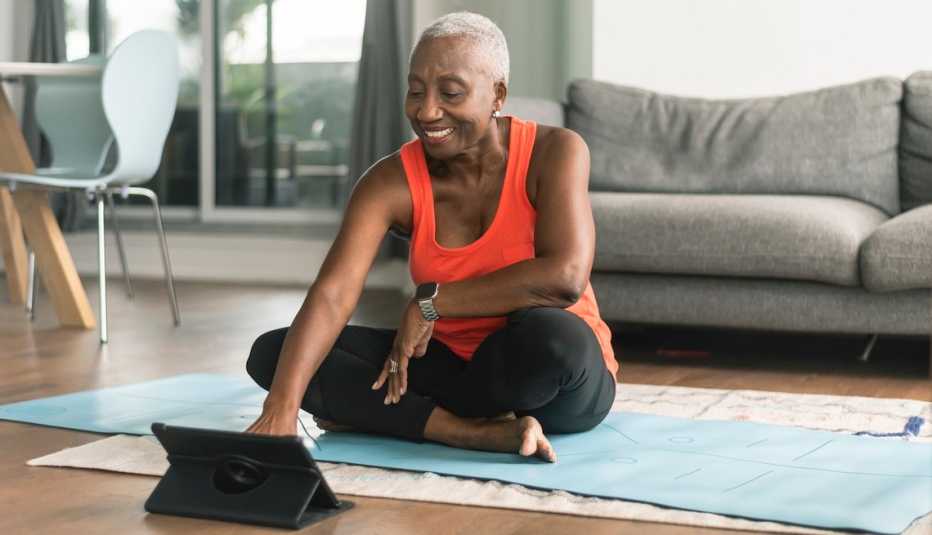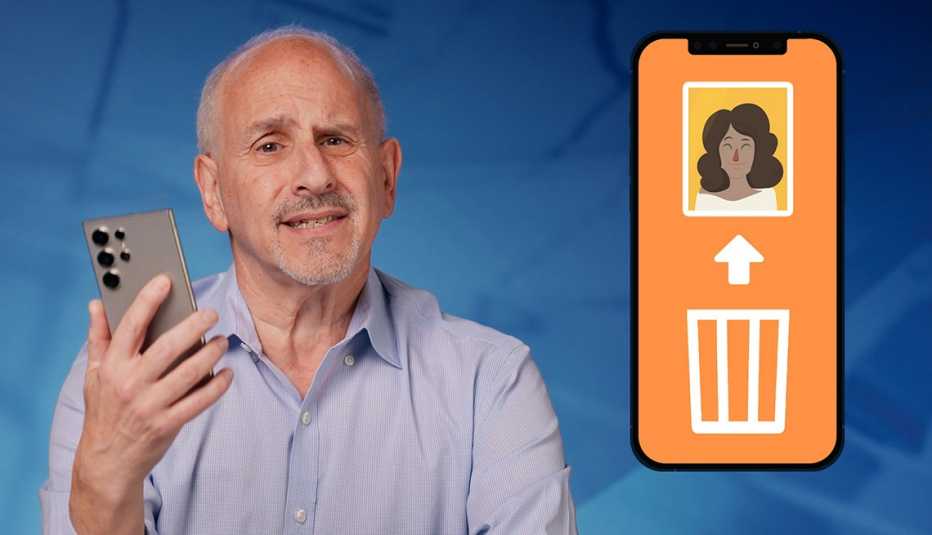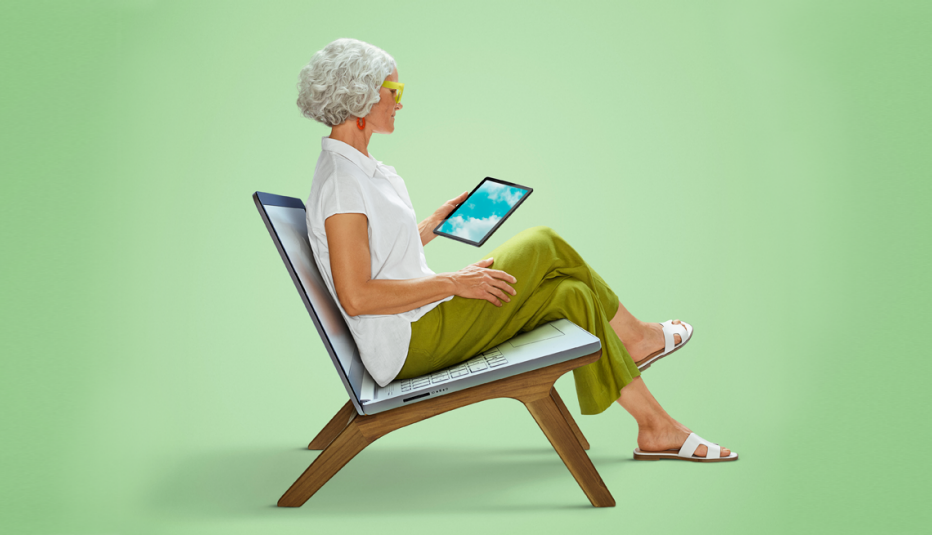AARP Hearing Center
Personal Technology
Get tech advice to connect with loved ones, have fun and age in place. Discover accessibility tools, tips to stay safe online, and master phones, apps, PCs and TVs.
More Tech News


Free Online Tech Classes
Try something new, build your technology skills and have a little fun while doing it.
Stay on top of your Smartphone with Senior Planet from AARP. Join us for live lectures on smartphone usage, tips, and more
Discover experiences and connections you’ll love, online and in your community
Tech Packages
AARP IN YOUR STATE
Find AARP offices in your State and News, Events and Programs affecting retirement, health care and more.


AARP Membership
Join AARP for $15 for your first year when you enroll in automatic renewal. Get instant access to members-only products and hundreds of discounts, a free second membership, and a subscription to AARP the Magazine.
Help Center
Android, iPhone Little-Known Tricks
Erase Your Data Before Recycling
Find Your Car in a Parking Lot
Tech Guru Android iPhone Switch
Tech Guru Deceased Spouse Photos
Tech Guru Google Apple passwords
Tech Guru Invisble Smartphone Files
Tech Guru Keep Old Phone Number
Tech Guru Recover Deleted Photos
Tech Guru Smartphone Address Book










































































